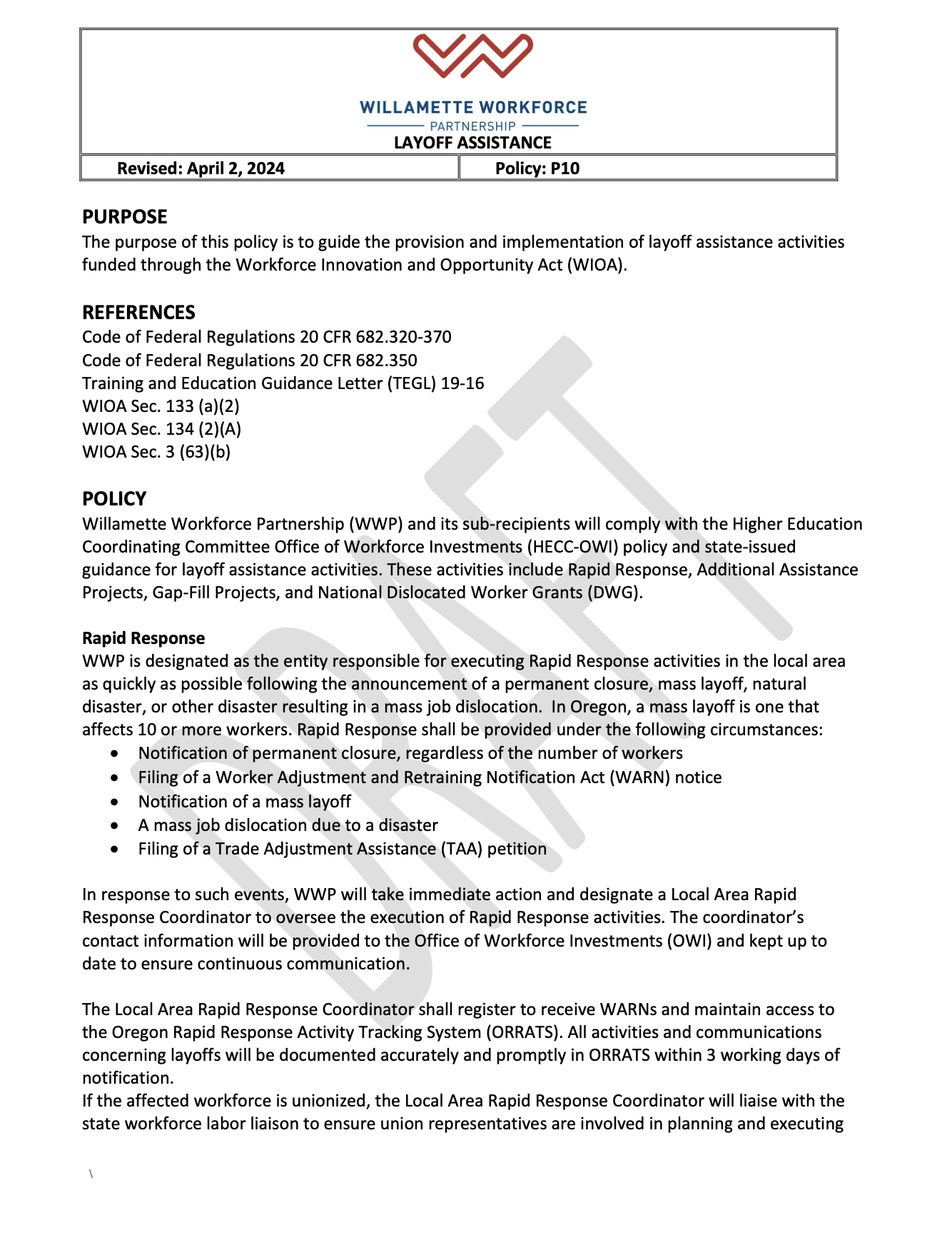
Apply today for e-commerce and digital marketing opportunities through the e-Shop Builder’s Bootcamp!
If you are an Oregon registered business and your target market is in Marion County, this opportunity could help you build your online presence. Click the link below or use the QR code in the graphic to apply today and unlock the full potential of your local business!
Key Strategies
Invest in programs and partnerships that lead to a skilled workforce.
Invest in workforce service delivery that maintains and enhances access to services for those in need in the Mid-Valley
Enhance the workforce system’s provision of skills training by connection to educational and training opportunities
Expand the impact of training dollars through innovative partnerships
Offer workforce services that lead to a successful employer community.
Engage with employers to identify needed skills
Help employers develop strategies to recruit and retain a diverse workforce
Develop solutions to employers’ current workforce challenges including essential skills deficiencies, certification and training, advancement and retention
Provide opportunities for employer-to-employer problem-solving discussions
Serve workforce needs that go beyond employment and training services and lead to thriving communities.
Participate as a workforce advocate in community discussions that address housing, child care, transportation and internet access
Promote opportunities for individuals to remove barriers in preparation for training and employment
Provide workforce solutions for underserved, historically marginalized adult and youth populations

